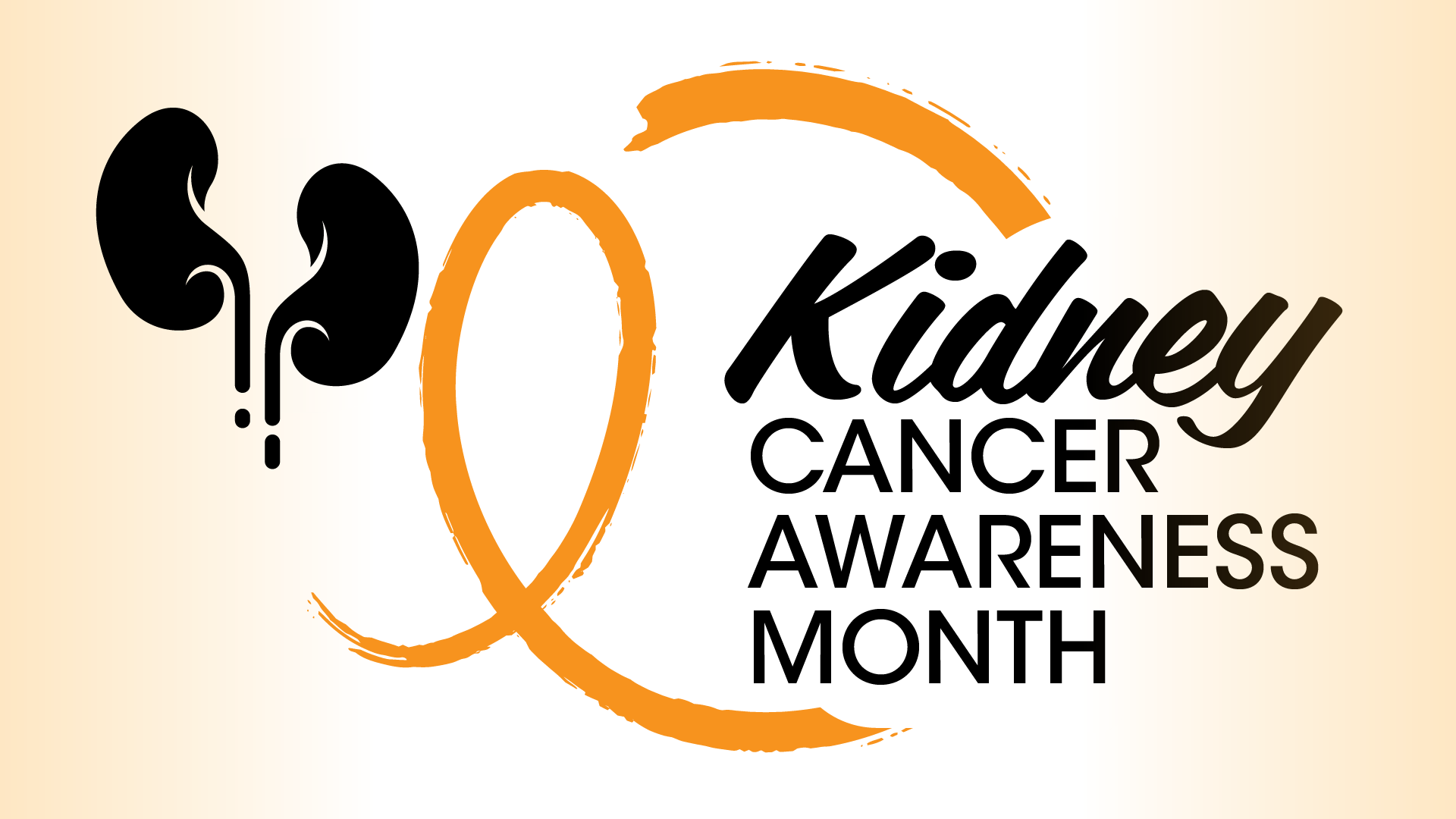
Expert Speaks on Application of Integrative Kidney Cancer Care

According to an expert from University Hospitals, oncologists should work together and look for opportunities to improve patients’ diets and exercise routines to mitigate symptoms of kidney cancer and associated treatment.
It is important to think of how integrative oncology can be applied to different scenarios in kidney cancer, including positive lifestyle changes and symptom management, according to Santosh Rao, MD.
Rao, medical director of integrative oncology for University Hospitals Connor Whole Health and president-elect for the Society for Integrative Oncology, spoke with CancerNetwork® during
Additionally, Rao suggested tapping into guidelines such as the National Comprehensive Cancer Network (NCCN) to assess what integrative medicine options are available for every practice including acupuncture and yoga, which may help patients mange disease symptoms and adverse effects based on available evidence.
Transcript:
I would hope that my colleagues think about integrative oncology and specifically [how] we can use it in different scenarios. What I tell my colleagues is if you have somebody who has pain, neuropathy, and fatigue, look up the NCCN guidelines and think about if you have certain [options] available in your own institution and your clinical practice.Acupuncture and yoga are very well represented in the NCCN guidelines, as well as some of the guidelines that I’ve already spoken about. [We should] think about that because if it’s available and [they are] low risk, you might really help your patients.
[We should also] think of opportunities to reduce stress and improve our patients] diet and exercise. That may look different in different places, but developing a team approach has been really helpful. [Think of] ways to involve the right people at the right time in multidisciplinary care. My sense is that if you have a team approach, you involve the right people at the right time, there’s good communication, and it’s patient-centered, you could potentially help somebody when they need it the most. That’s the direction we want to head in.
Newsletter
Stay up to date on recent advances in the multidisciplinary approach to cancer.



































